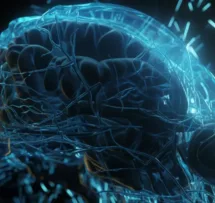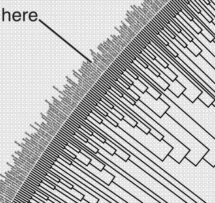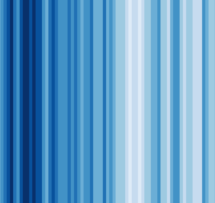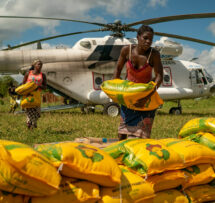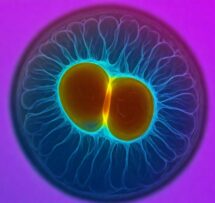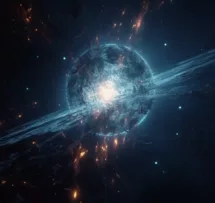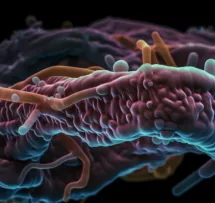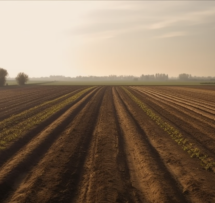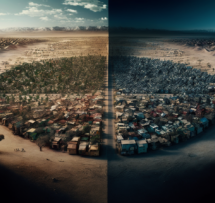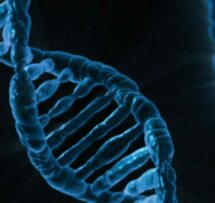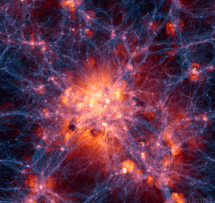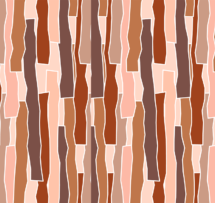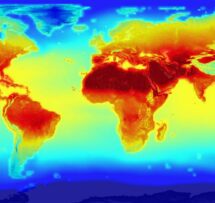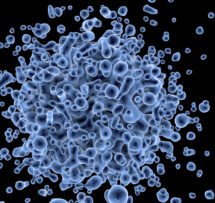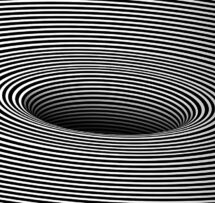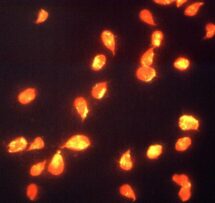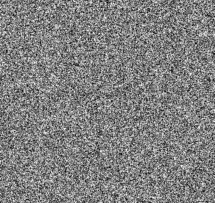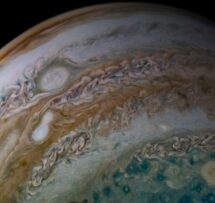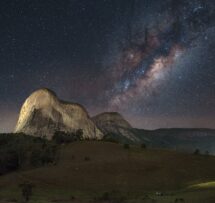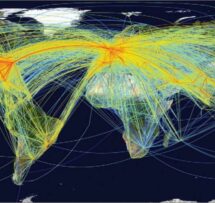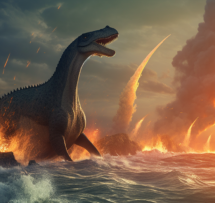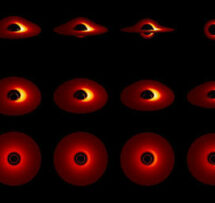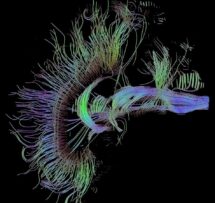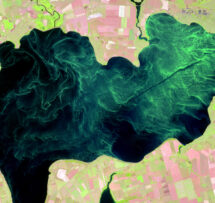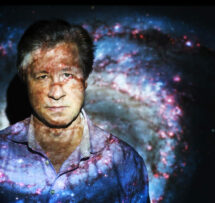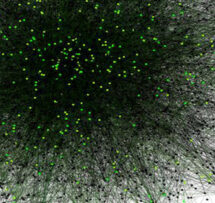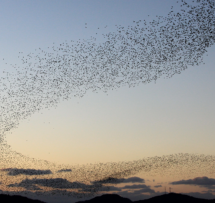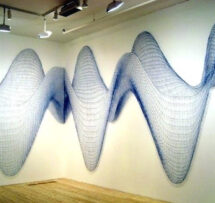What does Earth look like beyond 1.5 degrees

What does Earth look like beyond 1.5 degrees? Is today's warming extreme, or has Earth seen more extreme temperatures in the past? How do scientists figure out what the temperature was like before thermometers (and humans!) existed? What can we learn from past climates about future warming pathways?
2024 has seen many temperature records. But Earth's climate has a very long history and witnessed some serious heatwaves (and ice ages, for that matter!) before. By digging into the past, we can see that today's warming trend is the latest chapter in a long and dramatic story. Using modern analytical techniques geologists are able to accurately reconstruct the past temperatures and put the current warming into a new perspective. In this talk Martin Ziegler will walk us through the Earth's climate history. We explore the causes of past climate trends and aberrations and discuss what this means for the warming in the pipeline.
This edition of Science & Cocktails is part of the Warming Up Festival.
This event is an initiative by the Dutch Institute for Emergent Phenomena (DIEP) with the support of the University of Amsterdam. Science & Cocktails Amsterdam is presented in cooperation with Paradiso Amsterdam.
Talk by
Martin Ziegler
Martin Ziegler is an Associate Professor at the Earth Science Department at Utrecht University. His research is in the field of paleoclimatology - the study of past climates. He specialized in reconstructing Earth’s past temperatures, using chemical fingerprints in fossils and rocks. These reconstructions help to understand the fundamental changes in the climate climate system in the past, including the drivers of the ice ages and the warmer ice-free ancient worlds. These reconstructions are also crucial to test climate models, that are used to simulate the past and future. Before joining Utrecht University, he worked as researcher in Switzerland, the United Kingdom and in the United States. In the Netherlands he is the national contact of the International Ocean Discovery Program.

Music by
PARO
PARO pulls from a huge array of genres and zeitgeists and turns them into a sound that’s cinematic yet danceable. With a generational preach of visual storytelling,they bring nostalgia not for the past, but for the present. Melodic rhythms and alienating synthesizers bring the lyrics to life. And before you know it you’re sucked into a world of their own. The world of PARO. Their debut EP dropped in December, the songs serving a soft slice of life. From Caviar’s scream into the void, to the upbeat race that is Flashing and the Lash, this EP is a rollercoaster of emotion, that release you’ve been searching for.

